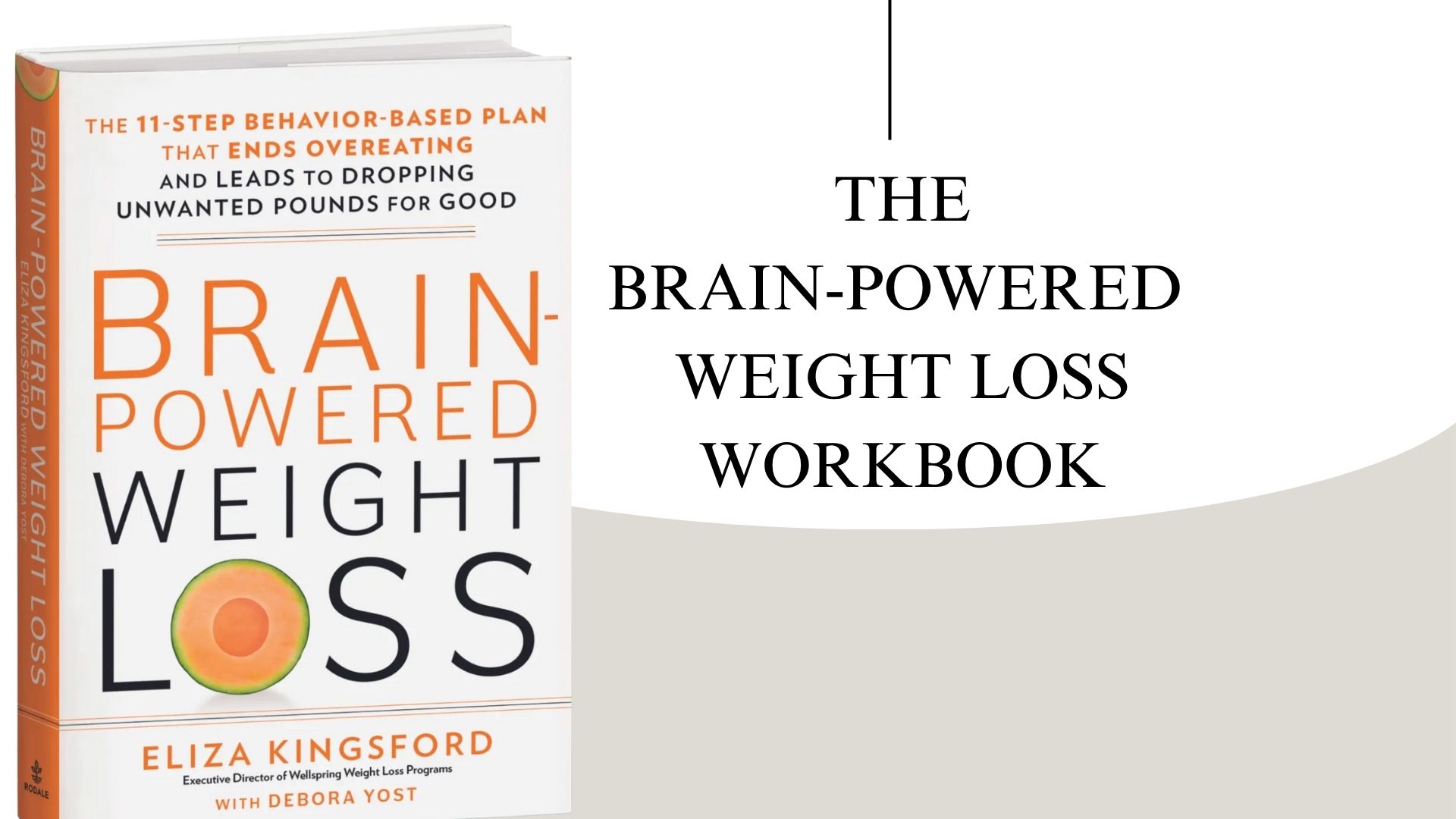
Your nervous system—not your diet—is the real key to weight loss.
Jan 23, 2025How Nervous System Regulation Can Support Sustainable Weight Loss
I don’t have to tell you that weight loss isn’t just about cutting calories or hitting the gym. You’ve tried those things dozens of times. Ever felt like you’re doing “everything right” but the scale won’t budge? You’re not alone. What if I told you the missing link could lie in understanding your nervous system—our body's control center for stress, hormones, and digestion.
Could managing stress and calming your nervous system be the key to lasting weight loss? Let’s explore how this connection works and what you can do to start seeing results.
Understanding the Nervous System and Its Role in Weight Loss
Your nervous system has one big job, and that is to keep you alive. Because we’ve spent most of our time (as humans) being in true danger of famine, predators and freezing temperatures, your nervous system has finely tuned protective responses. To put this simply? The nervous system thinks everything is dangerous until proven otherwise.
This was a very smart way to protect us when our risk of death was genuinely high every single day!
Fast forward to drive-throughs and television, and your nervous system is not in need of those danger signals as much anymore, but it doesn’t know that!
Your nervous system has two powerful protective responses:
- Activation in your Sympathetic Nervous System (SNS): Known as the “fight or flight” system, this system feels like agitation, frustration, anxiety, angst, irritation and anger.
- Shut-Down in your Parasympathetic Nervous System (PNS): Most people believe the parasympathetic system is only for “rest and digest”, but this is only half true! The PNS has another side to it that feels like overwhelm, exhaustion, shut-down, dissociation and numbness.
Our chronically busy, stressful, fast-moving lives are triggering the nervous system into activation and shut-down more than we even realize. This puts us into protective overdrive and that has MANY potential consequences.
A nervous system that is chronically triggered into protection leads to elevated cortisol levels, reduced insulin sensitivity and increased inflammation, promoting fat storage, especially around the belly. It can also disrupt hunger hormones like ghrelin and leptin, increasing cravings and appetite. In addition, autoimmune conditions, chronic pain and impaired immune systems are all linked to chronic protective responses in the nervous system.
The Nervous System and Food, What is the Connection?
When the nervous system has switched into a protective pattern through activation or shut-down, it will trigger patterns of coping that we have used in the past. For example, if you have a habit of reaching for a bowl of ice cream after a long day at work, your nervous system has developed a neural connection that stress equals ice cream. Then, any time your nervous system picks up on a cue of stress, it is likely to signal a craving for ice cream because this is the pattern that it knows.
We can’t override these physiological cues and signals by force or willpower, and this is why so many people tell me they feel stuck. They’ve tried to force themselves to not eat the ice cream, they’ve tried to “stick to the plan”, but what they don’t realize is that the nervous system is a much more powerful system than willpower. After all, it’s how we’ve survived for over 300,000 years.
Practical Tips for Working With the Nervous System
I am adamant that everyone should have a basic understand of these three things:
- How to identify your nervous system states. This includes how to tell which state you’re in, what moves you from state to state, and how to get back into a regulated state once dysregulated.
- What tools and resources help you shift from state to state, so that you can be more emotionally flexible and move through life with more resilience and freedom.
- How to balance (what I call) your nervous system bank account effectively.
Knowing these things can completely change your life - for the better. I teach this entire framework in my groundbreaking course Nervous System Foundations.
If you’re looking for some quick and effective strategies to start working with your nervous system, here are a some actionable skills you can use to shift your body out of chronic stress mode:
Deep Breathing Exercises:
- Practice box breathing: Inhale for 4 counts, hold for 4 counts, exhale for 4 counts, and pause for 4 counts.
- Just five minutes a day can help lower cortisol, reset your parasympathetic system and calm your mind.
Cold Therapy - (this one is not for me, I am not a fan of the cold, but I’m working on it!):
- Taking cold showers or using ice packs on your neck has been shown to stimulate the vagus nerve which can help to improve emotion regulation.
Mindful Movement:
- Try yoga or tai chi to combine physical activity with relaxation (this is one I’m leaning into this year!)
Prioritize a Good Sleep Routine:
- Poor sleep dysregulates the nervous system in myriad ways, making weight loss significantly harder. Making your sleep a priority will benefit you significantly.
Laughter and Social Connection:
- Chronic loneliness and disconnection is a BIG driver of weight gain as a result of a dysregulated nervous system.
- Laughing and spending time with loved ones naturally activate the vagus nerve and reduce stress.
- Feeling a sense of connection with others is a true biological imperative. Prioritizing your connections will improve your overall quality of life.
A Holistic Approach to Weight Loss
The takeaway? Sustainable weight loss is about so much more than calories and exercise. Ground zero of any sustainable weight loss program needs to be the nervous system. By focusing on nervous system regulation, you’re addressing the root causes of emotional eating, hormonal imbalances, and metabolic issues. This is how we achieve weight loss that lasts, and not just another band-aid.
What’s Next
If this message resonates, if you’ve realized your weight struggle runs deeper than diets—it’s time to heal what’s really underneath. I want to personally invite you to watch the Master Your Weight Loss Workshop for yourself - free!
This isn’t another plan. It’s a shift in identity. And for thousands of women, it’s the beginning of freedom.
👉 You can watch by clicking this link here
🎧 Want More Like This?
If you're ready to go deeper into behavior change, emotional regulation, and sustainable weight loss, don’t miss The Brain Powered Weight Loss Podcast, hosted by me - Eliza Kingsford.
Each episode breaks down the neuroscience behind food patterns, cravings, and mindset shifts — so you can finally understand why you get stuck, and what to do about it.
Click here to start listening now
💬 Let’s Keep the Conversation Going
If something in this post resonated with you, you're not alone — and you don’t have to figure it out alone either.
As a licensed psychotherapist, behavior change specialist, and expert in the neuroscience of lasting transformation. I've helped thousands of people, regulate their nervous systems, and finally gain control over food and their bodies — not through willpower, but through proven, science-backed methods - offering a path to sustainable change that actually works - not just for your body, but for your whole self.
👉 Ready for deeper support? I welcome hearing from you. Send me an email: [email protected].
And if you're looking for a safe place to heal your relationship with food, body, and self — you're in the right place. I'm so glad you’re here.
Sources:
- Precision Health Resources (2025).
- Harvard Health Blog (2024).


